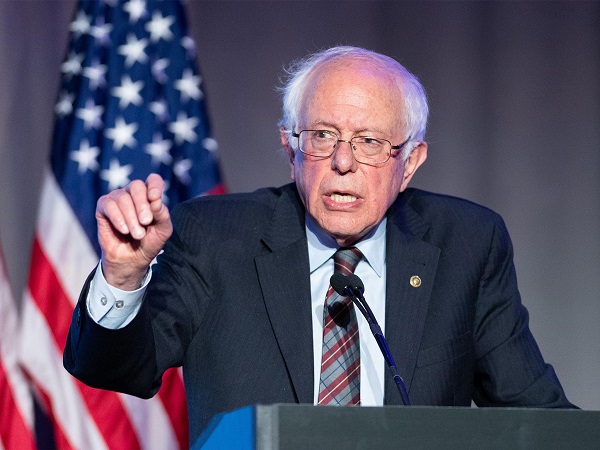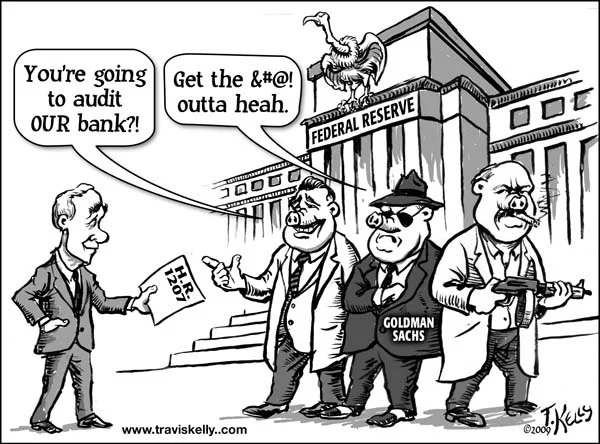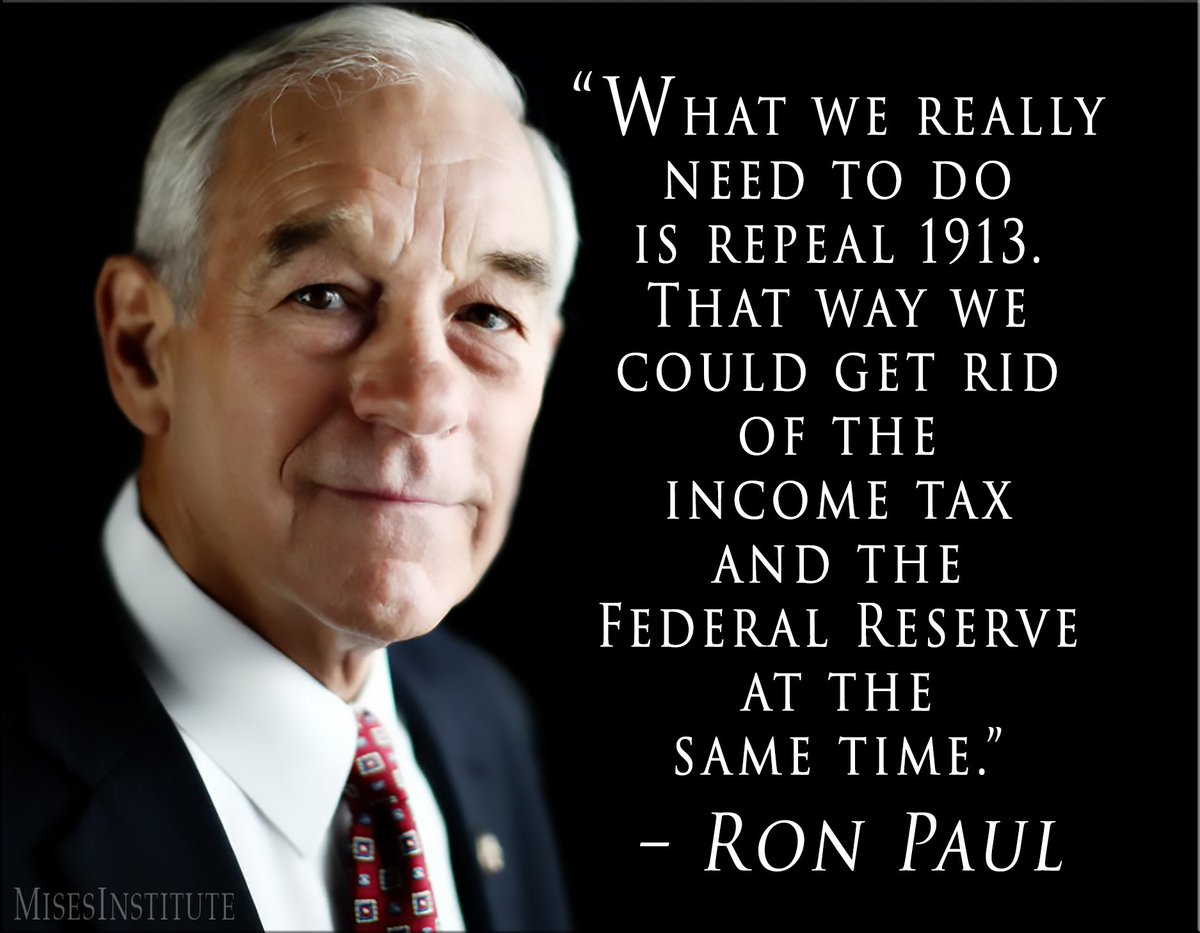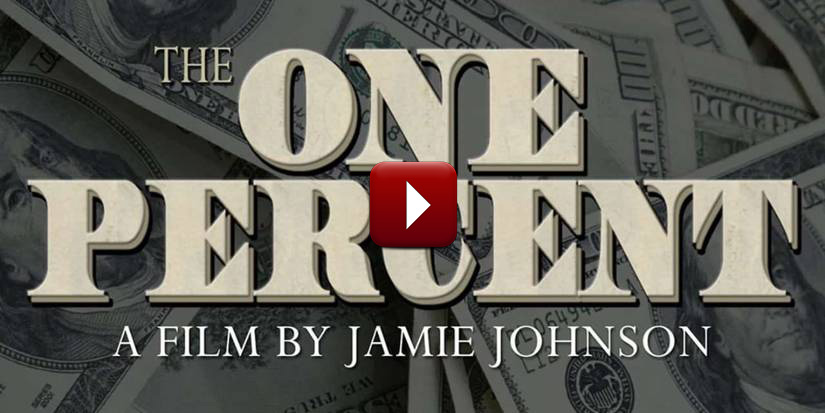
Bernie Sanders: We Need A “Full And Independent Audit” Of The Federal Reserve
2016 Democratic presidential candidate and U.S. Senator from Vermont, Bernie Sanders, wrote an op-ed for The New York Times calling for the Federal Reserve to be audited independently by the Government Accountability Office on an annual basis.





